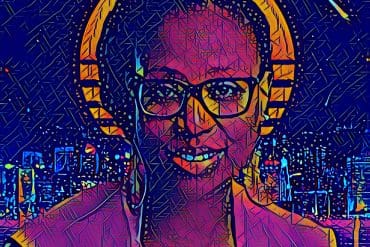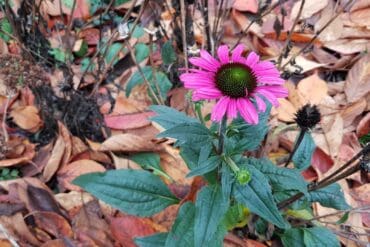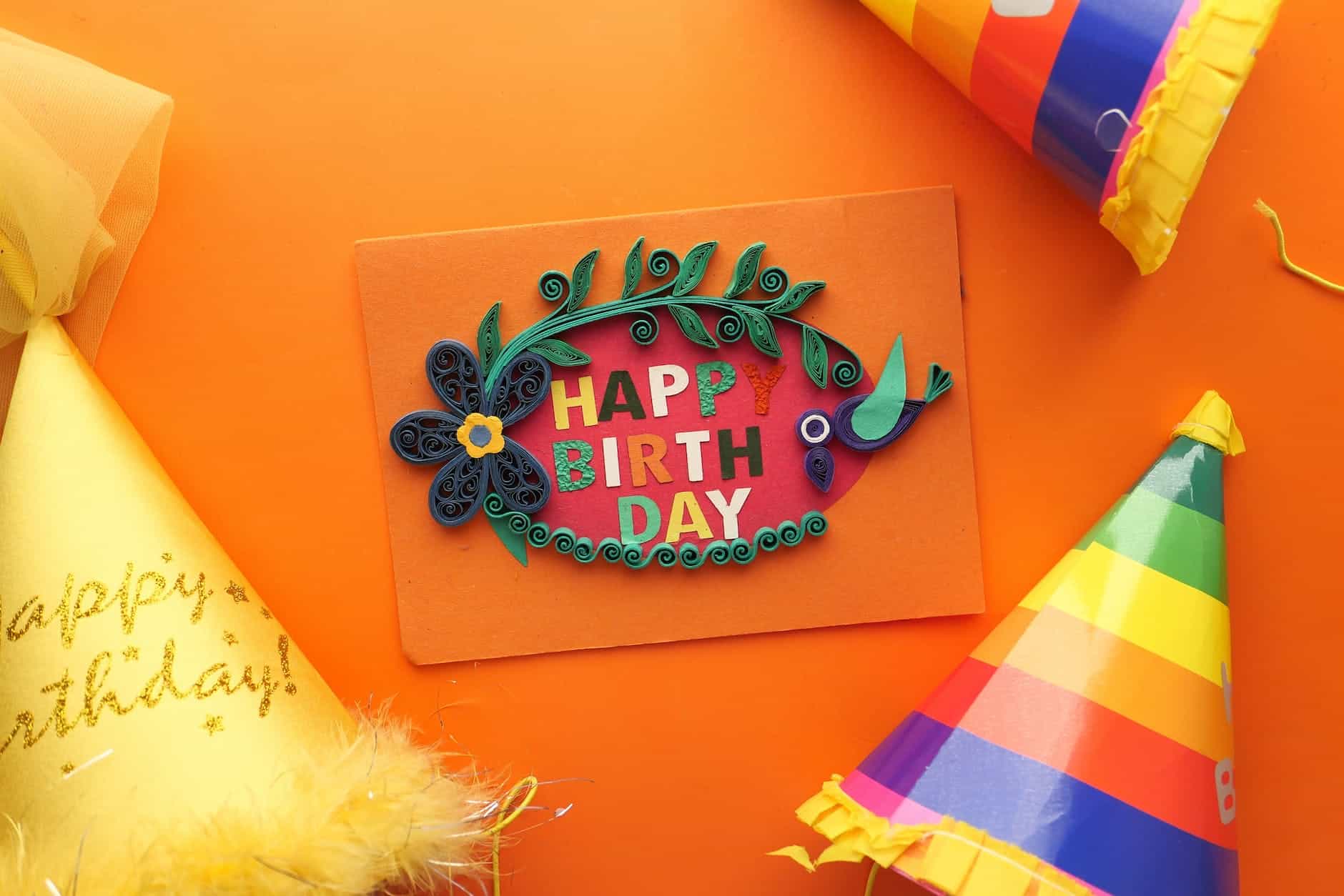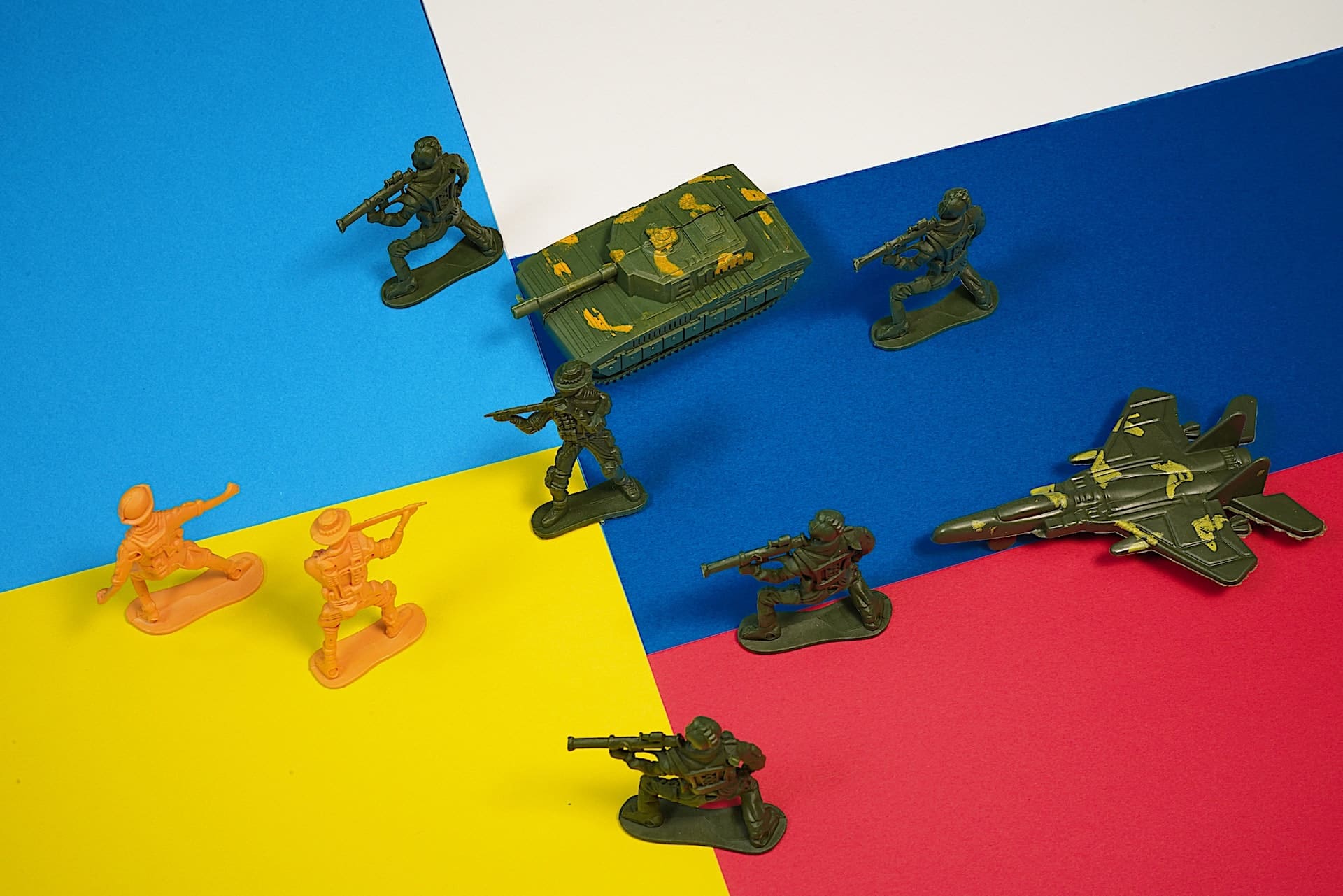“Don’t study russian language,” Yakiv tells me over text, “it’s a language of war and murders.” And I wonder if the lower-case “r” is intentional. He tells me “that country will be cursed forever” but doesn’t tell me what he means.
AUTHOR’S MEMO
Using the recent Russian invasion of Ukraine as its foundation, “Unspeakable” is a personal exploration on the part of the author of what is unspeakable in his life and the lives of others. The piece is a consideration of the unspeakable elements of life including the silencing effects of stuttering, political censorship, unspeakable wartime atrocities, and the silent communication within virtual relationships. Within this consideration, the author reflects on the Russian/Ukrainian war and its future implications through the lens of his own experience with international affairs – that of studying abroad during his undergrad, learning French and Russian, the potentiality of pursuing a master’s in Moscow, cultivating lasting, international relationships along the way, and all while learning to cope with a stutter and the effects it has on his sense of identity.
The reader is asked to join the author and jump around the map (in a way only technology and internet connections can allow) as they are offered, here, a series of brief perspectives on the conflict between Ukraine and Russia including that of a Ukrainian Couchsurfing host in Chicago, a Polish former crush, a native Russian friend now living near Paris, various Russian teachers, and a BBC account of a civilian shooting on a highway outside of Kyiv. These perspectives are wrapped up within the author’s own fearful reflection on current events, how those events affect not only him but those he cares about, and what the implications are of studying a language characterized by war. “Unspeakable” is a piece that seeks to advocate for eyes opened to the world around us and hearts considerate of our place in what can only be considered an international community in spite of all that serves to challenge us.
This piece includes transcribed Russian Cyrillic for the sake of pronunciation as well as translations provided by the author. Pseudonyms are used in place of individual names for the sake of privacy and safety.
The day of the invasion, I texted him, asked about his family near Lviv, and told him I’d been studying Russian. “Wow, nice,” he texted before offering his help. “I’m truck driver now, so I have a lot of time to talk.” But now, after mass graves of Ukrainian civilians have been found in Bucha, I’m told, “Don’t study russian language.”
Unspeakable
“Don’t study russian language,” Yakiv tells me over text, “it’s a language of war and murders.” And I wonder if the lower-case “r” is intentional. He tells me “that country will be cursed forever” but doesn’t tell me what he means.
It’s been almost five years since we met, since he and his wife, Sofia – Ukrainians – served as my Couchsurfing hosts on Normandy Avenue, a largely Polish neighborhood in north-west Chicago, and over four years since I’ve seen him – since he picked me up from O’Hare for a lengthy layover there, on my way to study abroad in Limoges, France in the Spring of 2018. It was the beginning of January. I was sick in the sinuses, sore in the throat, and Yakiv fixed me tea with lemon over his stove.
The day of the invasion, I texted him, asked about his family near Lviv, and told him I’d been studying Russian. “Wow, nice,” he texted before offering his help. “I’m truck driver now, so I have a lot of time to talk.”
But now, after mass graves of Ukrainian civilians have been found in Bucha, I’m told, “Don’t study russian language.”
I’ve studied Russian. I’ve stuttered Russian. I’ve stuttered my whole life. In a way stuttering is who I am. I stutter my name.
“Menya zovuut A-…AAAvery St-…St-”
I become tense in front of my webcam in the Fall of 2021. My chest turns tight and there’s no release of the breath stuffed at the bottom of my throat before I can finally get it out.
“Menya zovuut Avery St-Stevens.”
Words beginning in vowels or in “st–” have always stumped me. What cruel trick it is that my name consists of both. In English, I’ve grown accustomed to how to most effectively say my name without getting tripped up; though, meeting people for the first time and needing to introduce myself still fills me with deep anxiety. I’ve learned what aural tactic works best for me: “My name’s-z-Avery” – the vocalized “z” sound of the “s” connecting the word “name” with my own. That usually works unless it doesn’t, in which case I cover my mouth, fake a cough, and apologize before trying again from the beginning. Sometimes even the second try doesn’t work, at which point someone has to intervene on my behalf and I am no one.
In Russian, it is even more difficult – a hard “t” followed by the open vowel and my breath catches almost every time, so I lose my identity in the midst of both languages, both cultures – one foreign, and the other my own. Who is a person if they can’t even speak? What use is it to live if one’s thoughts cannot be clearly and meaningfully transmitted?
Svetlana, a teacher of mine from a university in Moscow (where I was set to pursue a master’s degree before COVID and visa complications left me in the US) and who quickly learns about my struggles with vocal fluency, asks me through the internet what the weather is like in Oklahoma. This one is easy for me. “Sevodnya solniitchna,” I say, looking out the window and smiling. Today is sunny. From across the world, Svetlana also smiles as she looks out her own window and tells me that it is very cold in Moscow, “Zdyes ochen kholodno.” It won’t be long until they have their first snow and she sends me and the rest of her students a video via WhatsApp of her backyard patio where, focused on the powdered white earth, she tells us what we know. “Dorogiye druzya, eto sneg,” she says – Dear friends, this is snow – before her partner holding the camera pans right to put Svetlana into frame – bundled in a puffy red coat, scooping and molding the stuff into spherical shapes, and jolting her small, crimson form forward as she chucks the balls into a void of baren twigs and branches, all the while laughing like a child.
Like a child. But unlike the child in one car of several marked “DETI” – CHILDREN – all of which were fleeing a settlement near Bucha on the outskirts of Kyiv in early March of 2022. Unlike that child who felt the rattle of Russian artillery on the highway against that small white machine and the whipping of a U-turn before the car stalled and came to an unsettled rest. Unlike that child who, at the age of six, watched as his dad jumped from the car, listened as daddy raised, in surrender, his hands that had once held him up so high and cried out in that language of murder, “Zdyes rebyonuk!” – There’s a child here! – before something more real and sharper than snow sent daddy down, sprawled out in the road. Before the child and an elderly woman traveling with them were allowed to finally leave on foot, and before, a month later, a BBC reporter found the car, scorched, holding the ashen body of a woman and, pulled back in, “the body of an adult male, twisted, burnt – on his burnt hand you can see a wedding ring” at the resting place of the orphan’s parents, Ksenia and Maksim.
* * * * *
Since the start of the war, I’ve tried to keep up with those I know who are personally touched by the conflict. A previous Russian professor of mine who was born in Kyiv when it was part of the Soviet Union and who now lives in Oklahoma and is one of the most intimidating women I have ever met tells me she has family living in Kyiv and Odessa who are all still OK, “whatever that means these days.”
She had convinced me to take Russian for the first time my senior year of undergrad to fulfill an elective requirement and is the reason I had been planning to get a master’s in Moscow. Now we’re texting. She doesn’t tell me if any of her family have set out for Poland or anywhere else when I ask, but she does ask if I will be able to attend the induction ceremony for Dobro Slovo, an honor society for Russian language learners – translated beautiful word. At the ceremony last year, I thought I was soon set to be in Moscow. Now I tell people I’m happy to be here at home; though, to be honest, I’m not so sure.
A Polish friend of mine, Marysia, who I met, had a crush on, and had a weird falling out with in Limoges tells me the Ukrainian refugee crisis is difficult for her but that she is proud of her country for all they’ve done to help. She worries, as I do, that the war could spread to Poland and that she too will need to be on the run for her own life. Hearing this, I selfishly think about the implications that would raise for the United States and what that would entail for me personally if Martial Law were declared and I were to be drafted. Could I somehow get out of it? I have bad knees – dislocated my left one twice in high school. Would that be enough? Or would my knowledge of Russian assure my fate and force me to fumble over stuttered words of war? Maybe I would be deployed into Poland and run into Marysia in some desolate location.
Or maybe, if God knows my heart, I would wind up back in France, where another Limoges friend, Angelina, who was born in Russia but now works at a theatre near Paris, avoids contact with her family in Russia who is inundated with propaganda and tells her of her distant relative in Mariupol who, before the siege began, welcomed the Russian forces coming to “get rid of the nazis.” She tells me that she got word from a friend in Moscow that even spectators of Russian protests were being arrested, and I wonder if I could stick up for myself if held in a Russian cell.
During these virtual interactions with people I once knew, I wonder what I wouldn’t give to return to a simpler time – back to Limoges as a foreign American (which almost sounds like an oxymoron) studying the French language, stuttering the French language, and ending up speaking English with Marysia, Angelina, and other students from elsewhere who’ve studied French longer than me. At soirées, I would try my tremored hand at speaking the common tongue, and it would turn out I couldn’t keep up. In those times when my friends spoke English for my sake, I would become quiet and only observe what was being said until they returned to French and I became resentfully envious of them for being able in a way that I wasn’t – even if I had been more fluent in the language, my voice still would have been just as silent in fear of tripping over my own turbulent tongue, or of being blocked by pursed lips or dammed larynx – though, nothing that couldn’t be overcome by a flood of liquid confidence.
Thursday nights at Le Duc were “student nights” when a beer called Super Bock was only two euros a bottle. It was on Thursdays at this humble pub in the downtown, centre ville of Limoges that I would let myself loose, drink too much, and likely embarrass myself. But there is something about alcohol that makes speaking a foreign language so much easier, and I wouldn’t mind, in my dizzy state, that my consonants unnaturally droned on. I would speak in French with a stranger like a pal back home – still not understanding them so often but getting a grasp and responding in a way that half made sense. We often went as a group to Le Duc – riding the bus there but then walking back once we’ve had a few and the last bus of the night had left us on the loose. Talking too loud, we’d all compare animal sounds as we tromped and trod our cobbled way across town, and this time it felt nice communicating as something that wasn’t me.
* * * * *
I hear on the news that calling the Russian invasion a “war” can result in upwards of fifteen years in prison, so I hesitate to ask Svetlana and another teacher from my would-be Russian university what exactly are their views, but I eventually do (in Russian, despite my rust) and refer simply to the “current events.” The other teacher, Nadezhda, who has a second home in California, tells me that they’ve moved to Florida before speaking generally by saying, “Voyna eto vsegda plokho” – War is always bad – “potomu chto ubivayut nevinnye lyudy” – because they kill innocent people, but I don’t know whether by “they” she means Russian soldiers or wars in general. Svetlana, on the other hand, is more bold. She tells me in Russian that she feels like she’s in 20th-century fascist Germany and that “there is only one true word which can exactly characterize everything.” She says, “Это ВОЙНА” – It’s WAR – Eto VOYNA! And somehow this makes me less afraid.
References
Derbyshire, V. and V. Shevchenko. (Hosts). (2022, April 1). Bodies on the highway (No. 31) [Audio podcast episode]. In Ukrainecast. BBC. https://www.bbc.co.uk/sounds/play/p0byyphx.
Abdurasulov, A. and M. Siret. (2022, April 3). Ukraine war: Family’s bid to reach safety ends in tragedy. BBC. https://www.bbc.com/news/world-europe-60929530.









